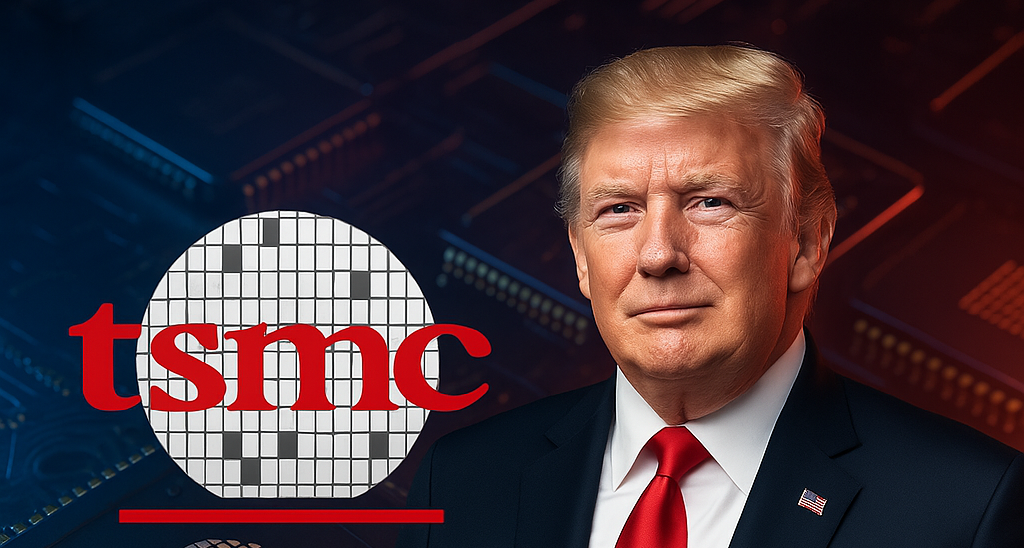Taiwan isn’t just another flashpoint in the U.S.-China rivalry, it’s the cornerstone of the global technology supply chain and the beating heart of the semiconductor industry. That’s what makes it absolutely indispensable to both superpowers. And that’s precisely why a confrontation over it might be inevitable.
For all the talk about strategic ambiguity and regional tensions, one truth stands above the rest: if Taiwan falls, global technology falls with it — and the United States knows it.
Background: The Taiwan Relations Act
Let’s begin with the Taiwan Relations Act (TRA) — a law that has underpinned U.S. policy since 1979. The TRA doesn’t promise military intervention if China invades Taiwan, but it doesn’t rule it out either. That’s no accident.
This “policy of deliberate ambiguity” is a classic deterrent strategy. By keeping its response vague, the U.S. forces China to think twice. Will Washington intervene or not? That uncertainty is part of the defense.
And the TRA goes further. It clearly states:
“Any effort to determine the future of Taiwan by other than peaceful means, including by boycotts or embargoes, is a threat to the peace and security of the Western Pacific area and of grave concern to the United States.”
Translation? Military aggression against Taiwan is not acceptable.
But crucially, it’s not up to the U.S. President alone. The TRA mandates that both Congress and the President decide on the U.S. response — reinforcing a bipartisan, institutional approach to Taiwan that doesn’t hinge on any one administration.
Why Taiwan Matters: Chips, Chips, and More Chips
Let’s get to the core of the matter — semiconductors.
Taiwanese company TSMC (Taiwan Semiconductor Manufacturing Company), is the East India Company of the silicon world producing over 60% of the world’s semiconductors, and a mammoth 90% of the most advanced chips. That includes the tiny, complex microchips that power everything from iPhones and electric vehicles to fighter jets, AI systems, and missile guidance.
A single chip can contain over 20 billion transistors, packed into a sliver the size of a fingernail.
These aren’t easy to replicate. In fact, no country — not even the U.S., China, or the EU — can match TSMC’s cutting-edge capabilities. Years of capital investment, talent concentration, and process refinement give Taiwan an unmatched lead.
Losing access would cripple the global economy, but for the U.S., it’s even worse. Defense systems, military drones, and critical infrastructure all rely on these advanced chips. If Taiwan’s supply gets cut off or captured, American national security takes a direct hit.
The Cost of Abandoning Taiwan
Now imagine a scenario where Taiwan falls under China’s control. The world’s most advanced semiconductor production — critical to Apple, NVIDIA, AMD, Qualcomm, and the Pentagon alike — would be in the hands of Washington’s biggest geopolitical rival.
What then?
Would the U.S. stand by as the global chip supply becomes a bargaining chip for Beijing? Letting Taiwan go isn’t just losing an ally — it’s handing over the crown jewels of modern technology.
And the stakes aren’t just economic. Letting Taiwan fall would shake decades of American credibility in the Pacific. Alliances with Japan, South Korea, the Philippines, and Australia would come under pressure. It would send a chilling message:
That the U.S. can’t — or won’t — protect its most vital partners.
That economic coercion works. That democracies on China’s doorstep are on their own.
Precedents and Commitments
The U.S. hasn’t been idle. In recent years:
- The Taiwan Assurance Act (2020) reaffirmed arms sales and diplomatic ties.
- The Taiwan Enhanced Resilience Act (2022) pledged $10 billion in military aid.
- And both parties in Congress reaffirmed Taiwan support in 2025, despite shifting presidents.
Even though experts agree Taiwan can’t win a full-scale war with China alone, Washington has taken steps to ensure it won’t have to. Military presence across Japan, South Korea, Guam, the Philippines, and Australia — along with regular naval operations in the Taiwan Strait — reinforce this.
Trump, Biden, and the CHIPS Act
Yes, leadership styles differ — but institutions shape outcomes.
President Biden leaned into chip security with the $52.7 billion CHIPS Act, trying to reduce dependence on Taiwan. That move alone proves how vital TSMC is to U.S. national interest.
Trump, meanwhile, criticized the CHIPS Act and proposed cutting the subsidies. But even he brokered a $100 billion deal with TSMC to build manufacturing capacity in the U.S. It’s essentially a protection fee. Yet Taiwan still keeps its most advanced technology on home soil — a reminder that full reshoring isn’t around the corner.
Final Word: The U.S. Can’t Afford to Leave Taiwan Alone
This isn’t just about defending a democracy. Or confronting Chinese aggression. Or upholding treaties.
This is about safeguarding the backbone of the modern world.
If the global semiconductor industry collapses, so does the global economy. If advanced chip production falls into Chinese hands, U.S. national security is at risk. If Taiwan goes down without a fight, America’s credibility in the Pacific crumbles.
That’s why the U.S. won’t — and can’t — walk away from Taiwan.
It’s not about ideology. It’s about survival in the 21st century.
Also Read: Sarvam AI Asks: What Good Is AI If It Doesn’t Speak Your Language?








